Starting from Kenya, BuuPass is digitising ticketing for Africa’s mobility sector
In 2016, two Kenya-based entrepreneurs—Sonia Kabra and Wycliffe Omondi—set out to digitise this sector by providing operators with a bus management system (BMS) for managing their operations, inventory and sales.
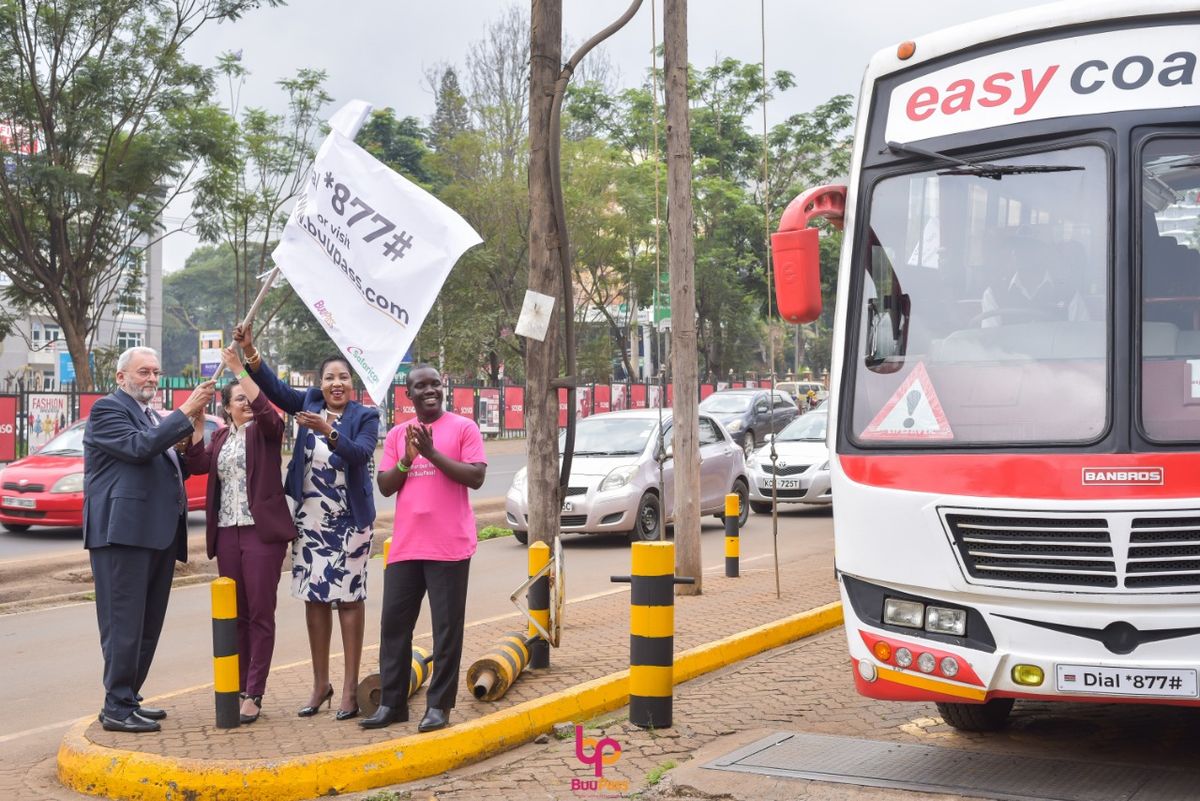
Travelling by road is the primary means of transportation across Africa, especially for inter/intra-city movements. However, due to the low rate of car ownership—about 30 to 70 vehicles per 1,000 people, most people on the continent depend on public transportation every day.
Although 64% of urban dwellers use the internet in Africa, travellers are required to book for trip manually at the park on the day of departure, this often leads to chaotic scenes, especially during festive periods. Only a few of these transport companies provide seat reservations option online.
It was Dorcas* first time in Jos, a city in Northern Nigeria, after a weeklong trip, she was meant to travel to Awka, South Eastern Nigeria. Apart from the fact that air transportation is expensive for the average traveller in Nigeria, the Jos Airport only connects to Abuja and Lagos. So road transportation was the only option since the railway infrastructure in most parts of the country is dilapidated.
“It took me a long time to get a bus that will be travelling to Awka that week. I finally got the contact of one of the bus operators that ply my route,” she said. Dorcas had to be at the car park as earlier as 4:30 AM to enable her to get a seat reservation for the bus which was leaving for Awka in an hour.
Where the journey started
This is what it feels like to travel between cities in Africa. In 2016, two Kenya-based entrepreneurs—Sonia Kabra and Wycliffe Omondi—set out to digitise this sector by providing operators with a bus management system (BMS) for managing their operations, inventory and sales. While enabling passengers to search, compare and book their tickets using different channels, including websites, apps and USSD codes.
“We make journeys seamless by making travelling by road in Africa faster, easier and more affordable,” Sonia, BuuPass’ co-CEO, says.
The duo met at Earlham College in Richmond, Indiana in the United States. During one of their conversations, they discussed the inefficient transport systems in their countries—Kenya and India. In 2016, Sonia and Wycliffe to pitched the idea at a student business competition by Hult Prize, and they won $1 million from former US President, Bill Clinton; this was the beginning of BuuPass (formerly known as Magic Bus Ticketing).
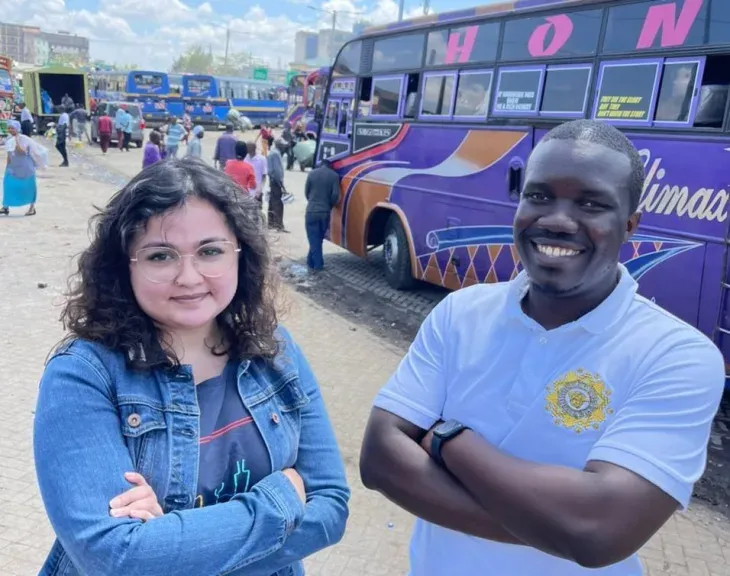
“When we first started BuuPass, the digitisation of Kenya’s transportation sector was still in its early stages. Our initial solution focused on building a booking platform, but once we entered the market, we quickly realised that the main challenge was the lack of digitisation among bus operators,” Wycliffe added. “They were mostly using pen and paper to do ticketing, they had no transparency into their sales. There were a lot of cash leakages.”
After about seven years of operating in Kenya and Uganda, BuuPass has over 2.5 million customers that have used its about 1250 partner busses across more than 800 routes. The bus ticketing company says it has sold more than 9 million tickets and presently processes about 12,000 transactions, daily. BuuPass has expanded its ticketing platform to cover cargo management and rail and air transportation.
The roadblocks
To ensure flexibility, the BuuPass BMS provides operators with a Point-of-Sale solution to record transactions and access parcel management modules. While solving for access, the Kenyan company was met with a challenge that it is currently tackling.
“Fraud is a major concern, with ticket scalpers and other nefarious actors taking advantage of the lack of secure ticketing systems, often to the detriment of travellers,” Wycliffe Omondi, co-founder and co-CEO of BuuPass said. “We implement advanced security measures such as biometric identification, facial recognition, and a secure payment system to combat this problem. This has helped to reduce fraud and make the road ticketing process more secure and reliable for our users.”
Fuel for BuuPass’ next trip
According to Sonia, “our goal is to help digitise the transportation sector in East Africa and ultimately improve the customer experience for travellers”. In February 2023, BuuPass announced that it raised a $1.3 million pre-seed from several investors including Founders Factory Africa, FrontEnd Ventures, Adaverse, Ajim Capital, Artha Ventures and Daba Finance.
“The BuuPass platform has effectively digitized the Kenya transit system, linking operators with travellers and relevant third parties, covering private bus, train and air travel,” according to Francis Tay, investment manager at Founders Factory Africa. “We believe the company is well positioned to lead the digitization of intercity transport across Africa.”
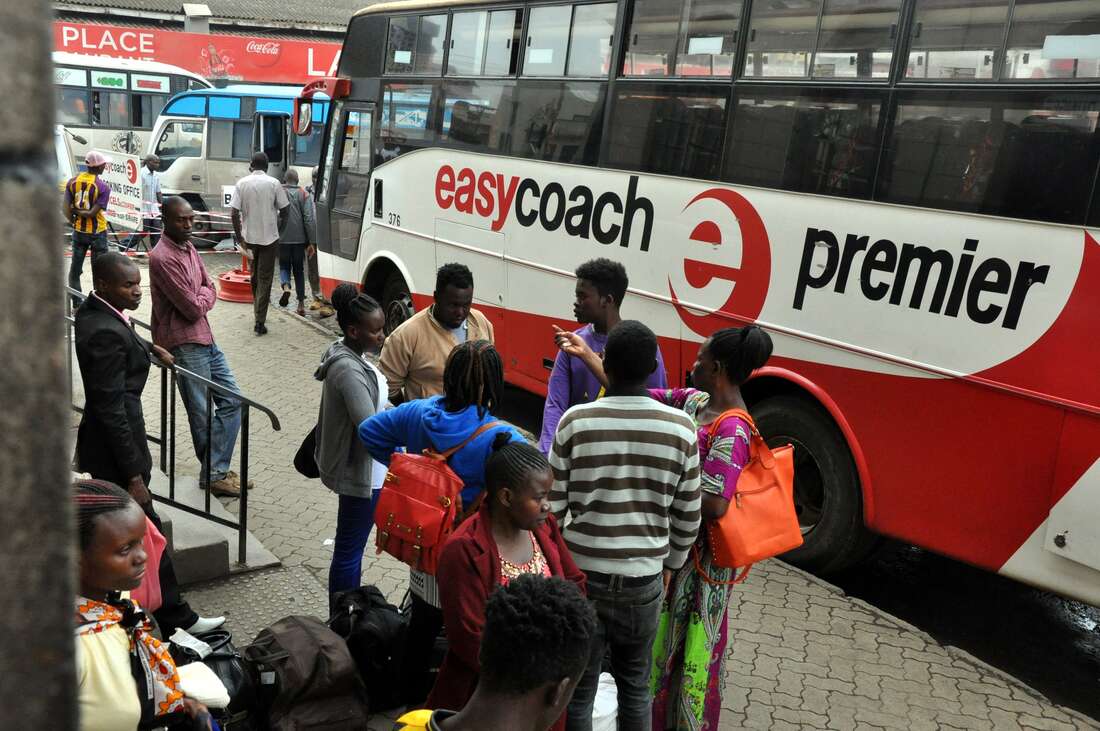
“The funding will enable us to invest in growth activities, increasing our market share in East Africa, with a focus on Kenya and Uganda. We will hire a team, especially on the growth side, and technology experts to build systems for scale because our plan is to become a pan-African infrastructure for long-distance transportation,” Sonia, BuuPass co-founder and co-CEO said.
Prior to this funding, BuuPass was one of the 60 recipients of the Google for Startups Black Founders Fund in Africa in 2022. The Kenya-based startup says it has raised a total of $2.5 million since it was founded. “While the race to digitise mobility in Africa is far from over, BuuPass is one of the few solution providers attempting to ensure everyone in the value chain is catered to, one pan-African country at a time,” she added.
Aside from serving the key players, BuuPass is also driving financial inclusion by providing APIs that enable banks and telcos to sell tickets on behalf of the platform. In 2017, the B2B2C full-stack marketplace partnered with Safaricom to launch an online service where travellers in Kenya can book and purchase bus tickets through M-PESA. Easy Coach, Modern Coast, Greenline, Palmers and East African Shuttles were the first operators to be onboarded on the service.
The global bus ticketing market is projected to reach $21.33 billion by 2028. Like BuuPass other African mobility startups—Bus54, QuickBus and Ugabus, are in the race to serve this fragmented market. However, Sonia argues that “we are different because we have something for everyone in the value chain—operators, commuters and regulators. We are ensuring that no one is left behind.”




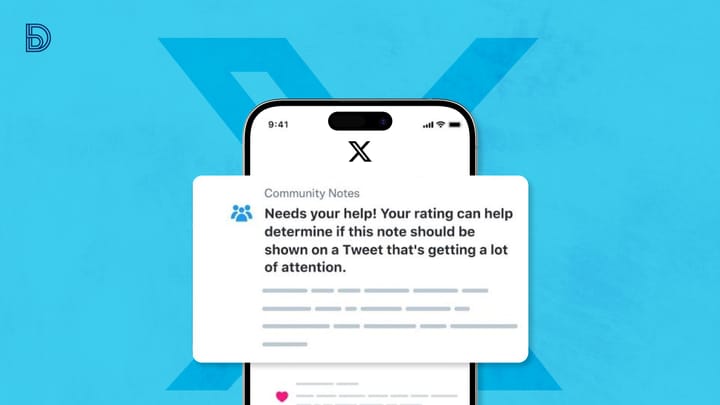


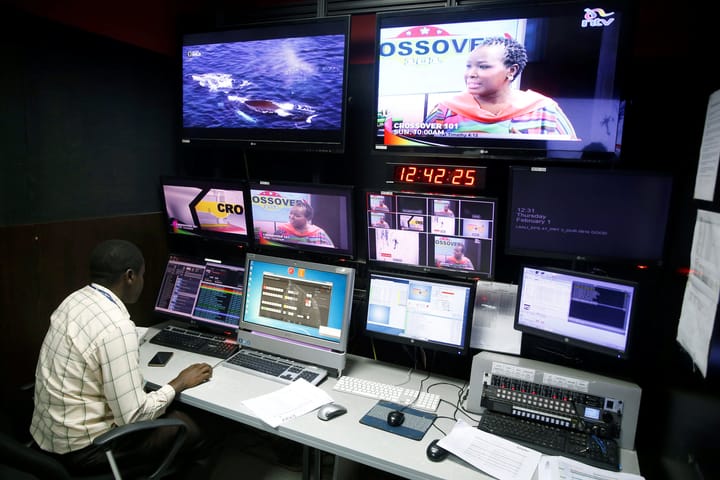
Comments ()